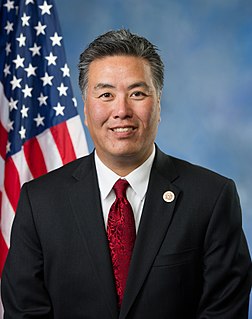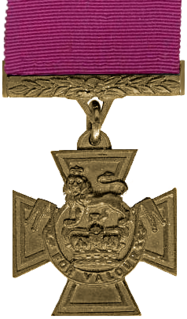A Quote by Ethan Canin
In medical school, you're taught to write in this convoluted, Latinate way. I knew the vocabulary as well as anyone, but I would write kidney instead of nephric. I insisted on using English.
Related Quotes
I have a few minor rules for myself but I break them all the time. For example, when translating from Romance languages to English, there is often a choice between a Latinate cognate and a Germanic equivalent. An easy example would be the Portuguese escuridão: English offers both obscurity and dark or darkness, and some translators will tell you the Latinate word is generally reserved for poetic and figurative expressions, while the Germanic word is used for colloquial and idiomatic use.
I had a lot of great lakes of ignorance that I was up against, I would write what I knew in almost like islands that were rising up out of the oceans. Then I would take time off and read, sometimes for months, then I would write more of what I knew, and saw what I could see, as much as the story as I could see. And then at a certain point I had to write out what I thought was the plot because it was so hard to keep it all together in my head. And then I started to write in a more linear way.
I arrived at my way of "working" as a way of visually approximating what I feel the tone of fiction to be in prose versus the tone one might use to write biography; I would never do a biographical story using the deliberately synthetic way of cartooning I use to write fiction. I try to use the rules of typography to govern the way that I "draw," which keeps me at a sensible distance from the story as well as being a visual analog to the way we remember and conceptualize the world.



































